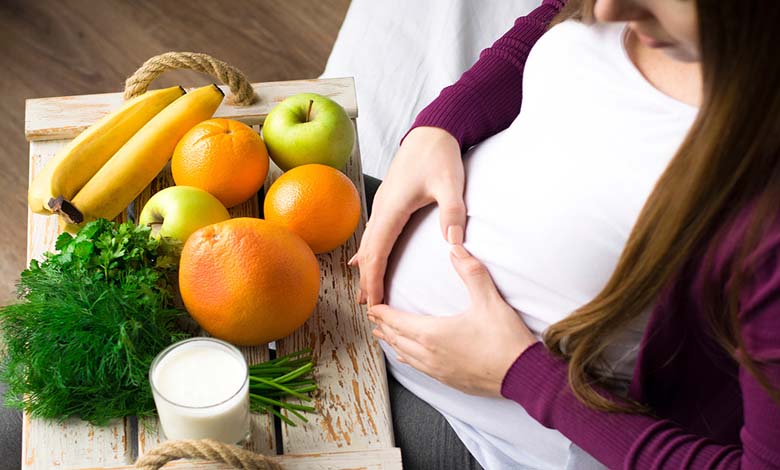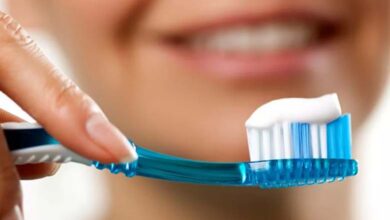Why do some pregnant women crave non-food substances like dirt?

Pregnant women often experience unusual food cravings, but some may develop a strong desire to eat “non-food” substances. This phenomenon is scientifically known as “pica”, an eating disorder characterized by the persistent consumption of non-food items for at least one month. This can occur at any stage of pregnancy, though it is most commonly observed during the first trimester.
-
Eating Slowly… A Simple Habit with Great Benefits
-
New Blood Test Platform: A Step towards Early Diagnosis of Alzheimer’s disease
Pica may indicate an imbalance in the body, often linked to nutrient deficiencies, particularly iron, as health experts from Healthline explain.
During pregnancy, a woman’s nutritional needs increase as she nourishes both herself and her growing baby. These heightened demands can lead to nutrient deficiencies, especially if nausea and vomiting limit food intake.
Research shows that pregnant women who suffer from malnutrition or have a cultural history of consuming non-food substances are more likely to develop pica.
Common non-food cravings include items like ice, paper, clay, dirt, soap, chalk, starch, or uncooked rice.
The craving for ice is called “pagophagia”, while cravings for dirt are known as “geophagia”, and the desire to consume raw starches is referred to as “amylophagia”.
Some studies, such as those conducted in Ghana, found that nearly half of the pregnant participants experienced pica, with white clay and ice being the most desired substances. Many believed these materials had nutritional value and found them soothing for nausea.
-
The Best Foods for a Baby’s Brain Development During Pregnancy
-
Including Bananas: Potassium-Rich Foods That Control Blood Pressure
While pica itself is not always harmful, the underlying causes may pose risks. For example, craving ice is usually harmless, but the anemia it may indicate can be dangerous for both the mother and the baby.
However, consuming harmful non-food items, such as paper or dirt, can lead to illness, nutrient deficiencies, and other complications, such as infections or gastrointestinal blockages.
If you suspect you have pica, it is essential to consult an obstetrician-gynecologist, even if your only craving is for ice, as they will assess your nutrient levels through medical history and blood tests.
In most cases, pica disappears once nutrient deficiencies are addressed or after childbirth.
-
Despite the Risks… How to Have a Healthy Pregnancy at Age 40?
-
5 Foods to Avoid During Pregnancy to Prevent Heartburn
-
4 Foods That Boost Vitamin D Production in the Body












